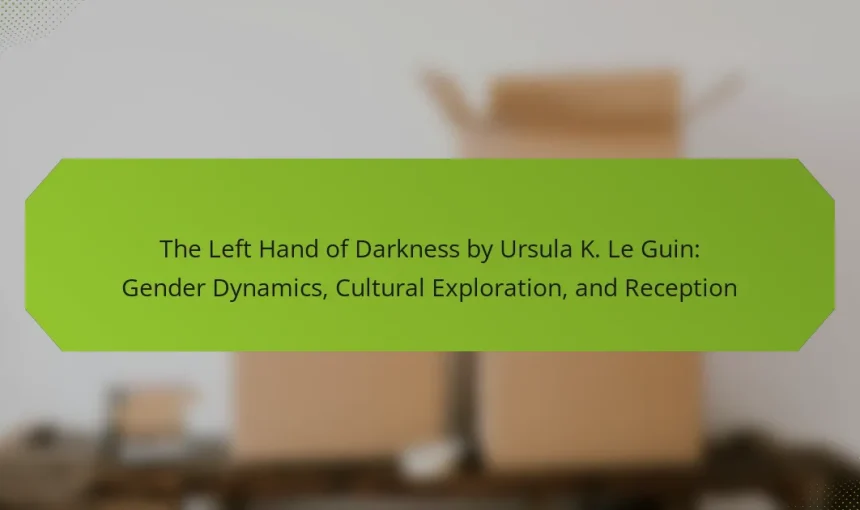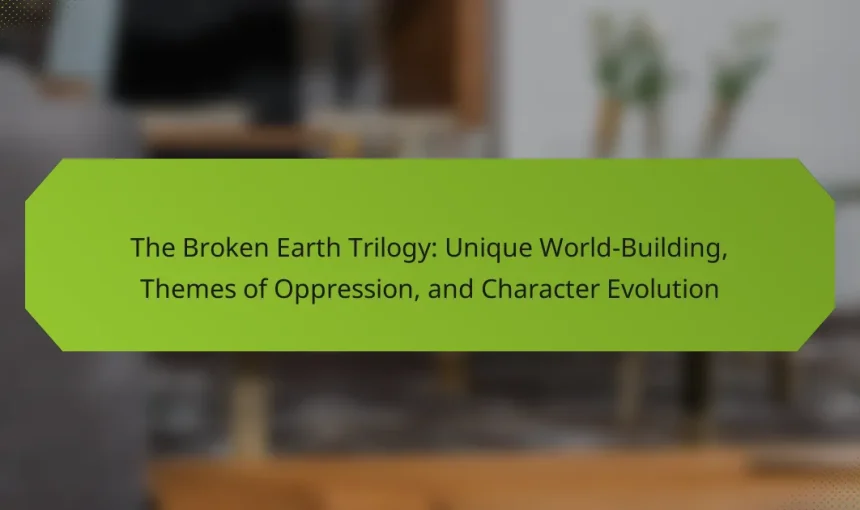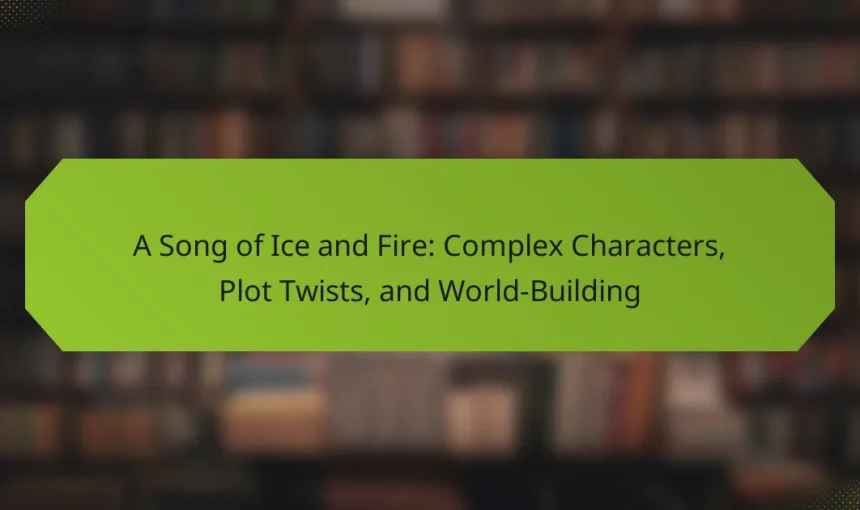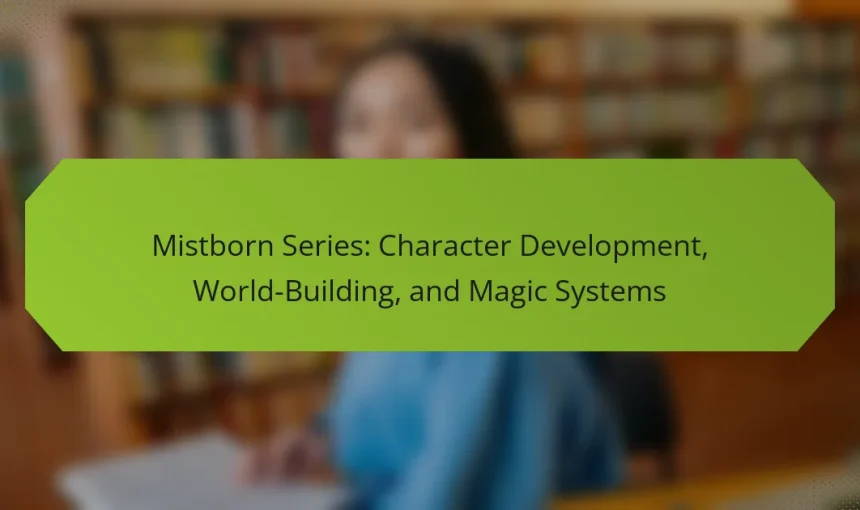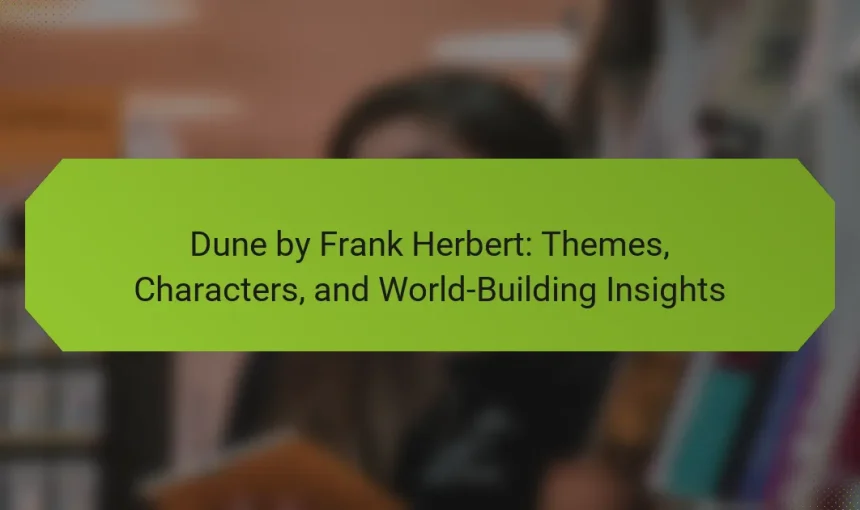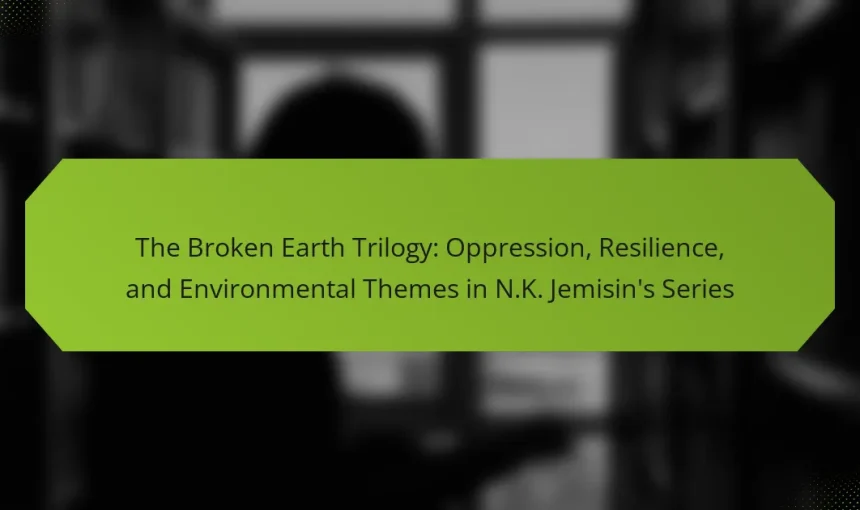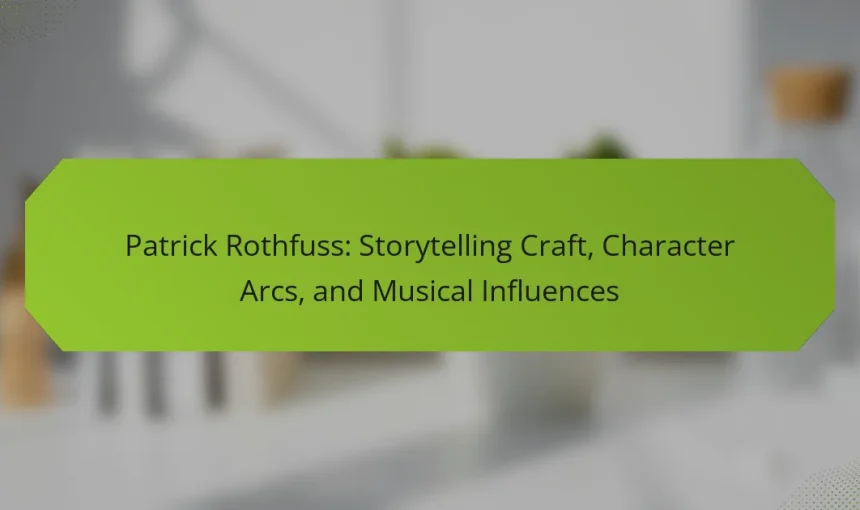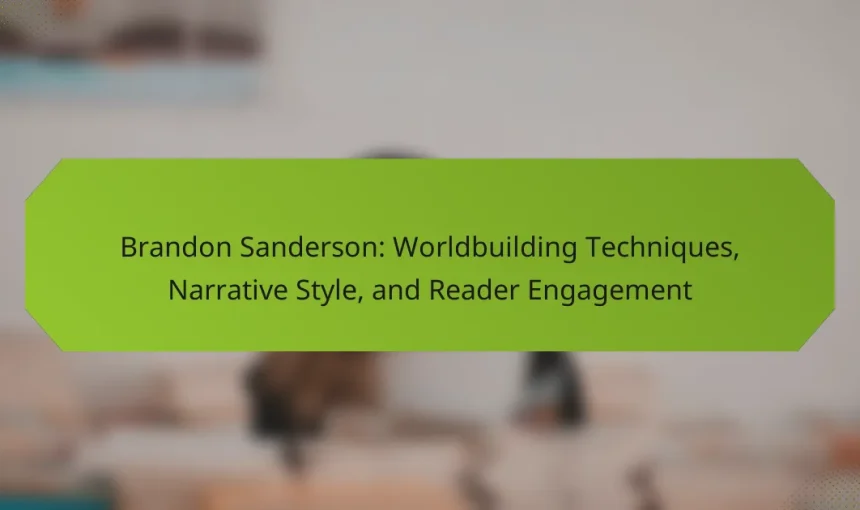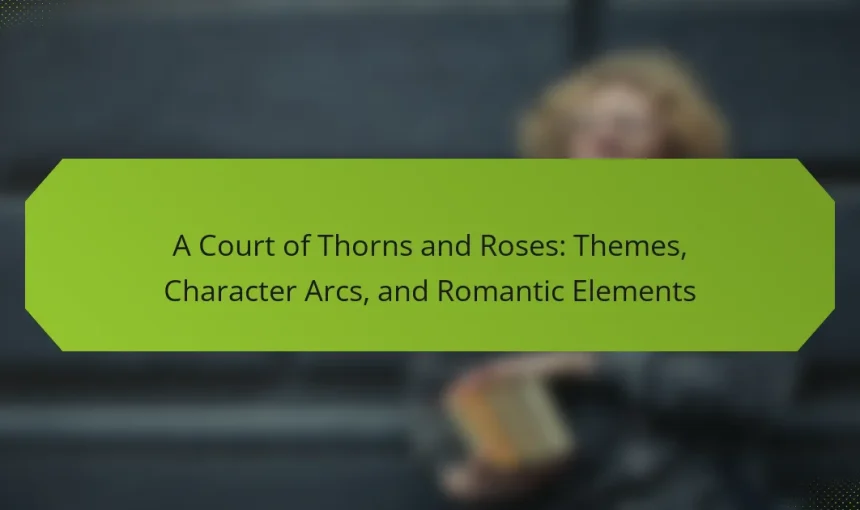“The Left Hand of Darkness” by Ursula K. Le Guin challenges conventional gender norms and explores fluidity in identity. The novel examines cultural dynamics, political structures, and the impact of societal norms on personal relationships. It has garnered critical acclaim for its innovative narrative and lasting influence on feminist literature. The reception of the work […]
The Broken Earth Trilogy captivates readers with its intricate world-building, exploring themes of oppression and character evolution. It features a unique magic system centered on orogeny, which influences societal hierarchies and personal struggles. The narrative delves into systemic injustice and resilience, showcasing profound character transformations against a backdrop of environmental challenges. Through innovative storytelling techniques, […]
A Song of Ice and Fire captivates readers with its complex characters, unexpected plot twists, and immersive world-building. The series explores intricate motivations and moral ambiguity, enhancing character depth. Plot twists subvert expectations and reveal hidden loyalties, while detailed world-building provides a rich backdrop for political intrigue. Themes of power struggles and human nature resonate […]
The Mistborn series captivates readers through its intricate character development, immersive world-building, and unique magic systems. Characters like Vin and Elend evolve significantly, reflecting their struggles and choices. The detailed setting of Scadrial influences character motivations and interactions, while the magic systems of Allomancy, Feruchemy, and Hemalurgy introduce moral complexities. Together, these elements create a […]
Dune by Frank Herbert offers insights into power dynamics, ecological themes, and complex character relationships. The novel’s exploration of imperialism and resource exploitation shapes its narrative. Key characters like Paul Atreides and Baron Harkonnen embody the struggles for control and destiny. Herbert’s intricate world-building highlights the significance of the desert planet Arrakis and its vital […]
The Broken Earth Trilogy by N.K. Jemisin addresses pressing themes of oppression and resilience within a backdrop of environmental challenges. It examines systemic inequality and societal marginalization, particularly through the lens of orogeny. The narrative highlights the impact of colonialism on individuals and the planet, showcasing characters’ struggles for survival. Additionally, it emphasizes the importance […]
Patrick Rothfuss captivates readers with his intricate storytelling craft, emphasizing deep character arcs and the influence of music. This article explores how Rothfuss intertwines emotional depth with narrative structure, highlights prominent character transformations, and examines the role of musical elements in enriching his narratives. Additionally, it discusses the broader cultural impact of his work on […]
Neuromancer by William Gibson is a seminal work that explores advanced technology, dystopian settings, and anti-hero protagonists. It significantly influenced modern science fiction through its depiction of artificial intelligence and digital landscapes. The novel employs unique narrative techniques and features compelling characters that embody themes of technology and identity. Its legacy continues to shape narratives […]
Brandon Sanderson’s storytelling captivates readers through intricate worldbuilding, compelling narrative style, and active reader engagement. He employs detailed magic systems and rich histories to create immersive settings. His narrative techniques include multiple perspectives and a balance of action and emotional depth. Additionally, Sanderson fosters a vibrant community by actively interacting with his audience, enhancing their […]
Explore the intricate themes, character arcs, and romantic elements in A Court of Thorns and Roses. This fantasy series delves into love, sacrifice, and personal growth. It features significant transformations of key characters like Feyre, Tamlin, and Rhysand. The evolving relationships highlight the complexities of loyalty and emotional connections within a richly imagined world. What […]
